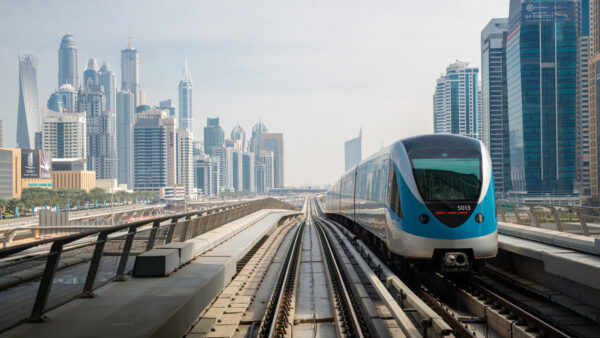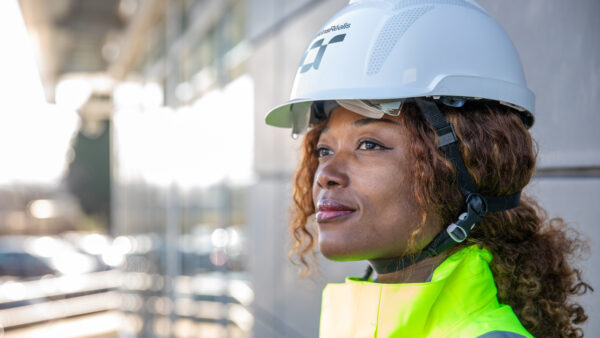France has announced a €100bn plan to relaunch the economy in the face of a predicted 11% fall in national output for 2020.
Billions will go to building retrofits, railways, hydrogen infrastructure – including trains, pictured above – and more.
In all, €30bn will go to sustainable energy and transport.
Prime Minister Jean Castex told RTL radio that the aim of the package was to “keep our economy from collapsing and unemployment exploding”.
The “greening of the economy” was described by the government as “an unprecedented acceleration”.
Some €11bn will go on transport, of which €4.7bn will be spent on the rail network, €1.9bn on green vehicles and €1.2bn on “everyday travel” such as cycle lanes. The remainder will be spent on promoting communal travel, such as ride sharing.
Some €9bn is earmarked for sustainable energy and €7bn for the renovation of buildings to make them more energy efficient. Here, about €4bn will be spent on the public estate and €2bn will be made available to the private sector.
On energy, €2bn will be spend over two years on hydrogen infrastructure, which tops up a plan to spend €7bn by 2030. Another €1.2bn is destined to decarbonise industry, and €500m will go on sustainable waste disposal.
The expenditure on hydrogen is intended to help France compete with Germany, which has been the European frontrunner in this emerging technology (see further reading).
In June 2018, the French government published its plan for the future of hydrogen, and in May, engineer Alstom announced that it had successfully completed a year and a half of trials on two hydrogen trains, and would begin running 14 units on the network beginning in 2022.
Image: Alstom’s image of its pioneering hydrogen train
Further reading:






